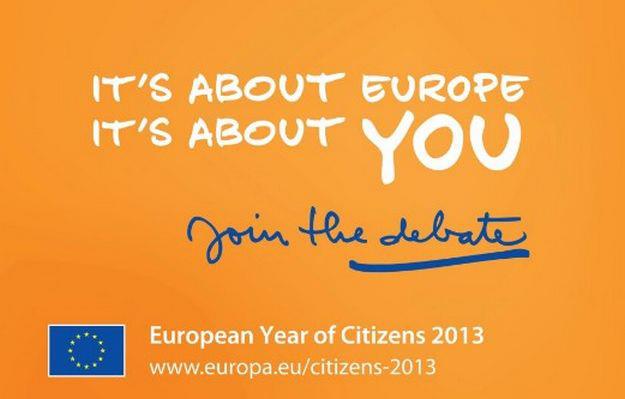Links & Contents I Liked 59
Hello all, It's one of those weeks where basically all of my favo rite to pics are feat ured in the weekly link review in one way or another: The value of anthropologists in a great piece on Mali; the chances an d challenges of 'open development' in my own post and in an excellent review on technolog y & transparency; academic research on aid blogging and a more substantial part on storytelling, participatory video, communicati ng aid and complexity in capturing 'evidence' that development 'works'. Plus Ed Carr reflects on academic copyright and there is a fanta stic link to l ots of anthropological blogging and old-fa shioned writing. Enjoy! New on aidnography Rituals, risk, development & Aaron Swartz – in response to Owen Barder Owen Barder wrote an interesting piece on the legacy of Aaron Swartz for technology & development. In my reflections I am more cautious in invoking his legacy as research rituals, development's guarded professiona...

